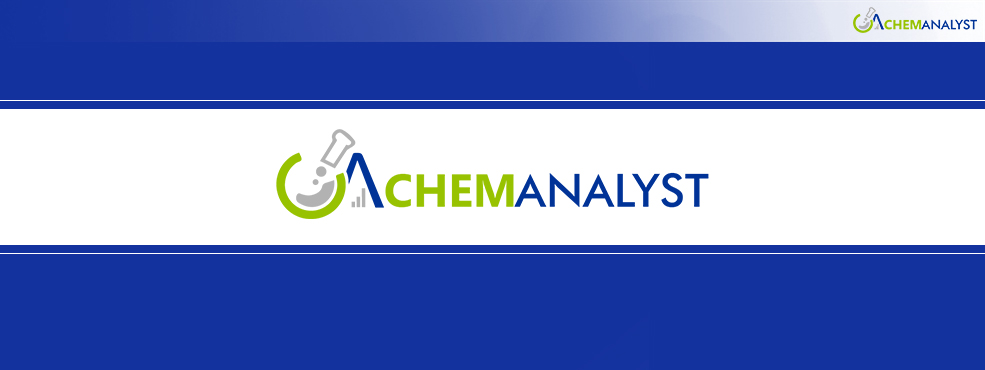Welcome To ChemAnalyst

Brazil's new E30 ethanol requirement and increasing trade tensions with the United States are transforming the biofuel sector. The increased blending requirement has contracted ethanol supply, pushed spot prices higher, and upended short-term logistics. Meanwhile, the United States has slapped high tariffs on Brazilian imports, stoking retaliation fears that would affect ethanol trade flows. As Brazil protects its domestic sector and holds on to current tariffs on U.S. ethanol, the combined effect of policy changes and geopolitical tension is introducing uncertainty to producers, traders, and consumers of fuel.
Early in August, Brazil and the U.S. ethanol markets embarked upon a period of intense disruption fueled by a mix of local policy changes and rising trade tensions. Brazil's countrywide E30 ethanol requirement—increasing the amount of ethanol in gasoline from 27% to 30%—began as the U.S. imposed deep new levies on Brazilian imports, including ethanol.
Brazil's new blending regulation now stands as one of the world's most ambitious biofuel targets, beating blend requirements for the U.S. and most of Europe. The policy will decrease reliance on fossil fuels and support domestic production of biofuels. Nevertheless, the tardy implementation, following the start of the sugarcane harvest, shortened supply planning windows and raised pressure on the ethanol delivery network.
Fuel importers were quick to react, clearing gasoline shipments through customs to take advantage of prior tax regimes before the new blend changed the taxable content. Distributors and traders returned energetically to the ethanol spot market, sparking a clear price rally in the face of already strained inventory levels and restricted production from the cane crop. The conversion from hydrous to anhydrous ethanol use has contributed to near-term pressure, particularly among small producers and independent distributors with limited contract elasticity.
Despite promises by the government of a decline in consumer prices, real-world effects at the pump have been limited. Analysts explain that adding more costly ethanol to gasoline is not likely to translate into significant savings for consumers with wholesale ethanol prices running higher than gasoline in most markets.
Across the Pacific, the U.S. government’s decision to impose an additional 50% tariff on Brazilian goods, including ethanol, has sparked renewed tension. While Brazil’s ethanol exports to the U.S. represent a small fraction of its total production and are often covered under long-term contracts or exemptions, the political move could trigger broader consequences.
The government of Brazil has thus far rebuffed demands to cut its 18% tariff on U.S. ethanol, even as it faced lobbying from industrial lobbies to make concessions in return for steel export privileges. Any retaliatory hike, however, would close the arbitrage window that some Brazilian importers had aimed to use later this year, especially in the Northeast region, where importing conditions are more conducive.
With ethanol demand increasing under the E30 mandate and international trade under pressure, market players now face an uncertain second half of the year. Contract renegotiations, logistics issues, and continued political jockeying will define both domestic supply conditions and Brazil-U.S. ethanol trade dynamics through 2026.
We use cookies to deliver the best possible experience on our website. To learn more, visit our Privacy Policy. By continuing to use this site or by closing this box, you consent to our use of cookies. More info.
